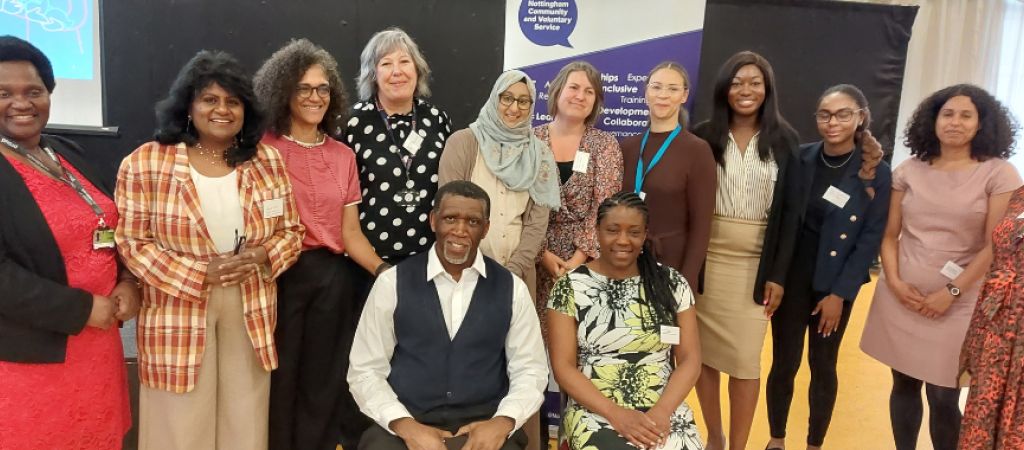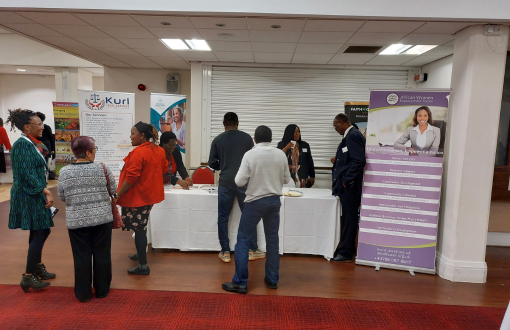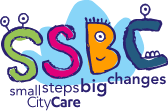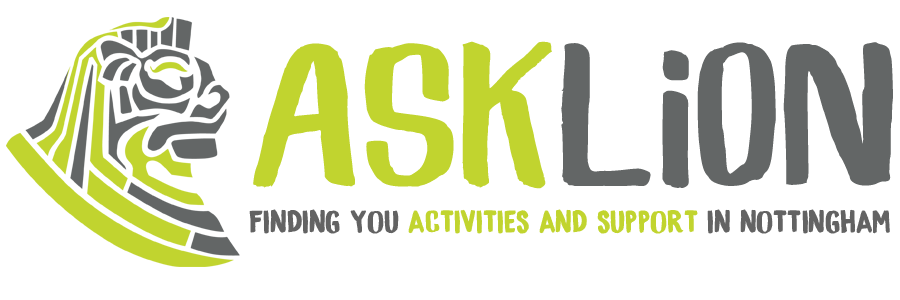Nottingham makes history with the first Race Health Inequality Summit
Nottingham is home to rich and wonderful diversity but it also has some of the highest levels of deprivation in the country, with health inequalities felt by many communities, particularly minority ethnic communities. The 2021 census shows that in the last 10 years the proportion of people from Black, Asian and minority ethnicities in Nottingham has increased from 35% to 42.7% of the total population and local data shows us that, in these communities, the gap in health inequalities is widening.

Last week I was lucky enough to secure a space at the sell-out event alongside like-minded individuals from the Nottingham workforce. The first ever Race Health Inequality Summit.
The event was presented by Nottingham City Place-Based Partnership (PBP). The summit brought together system leaders from Health, Care and the Voluntary sector to agree practical and measurable solutions to issues of structural racism that have significantly impacted Nottingham’s communities for generations.
The Nottingham City Place-Based Partnership has acknowledged that structural racism has played a part in increasing health inequalities, poor health outcomes and poor access to services for Nottingham’s Black, Asian and minority ethnic communities.
The room was buzzing with excitement and upon entry, you could immediately feel the passion and energy, we were all ready to absorb the knowledge and ambitions of the speakers.
Clive Foster (Co-chair PBP Race Health Workstream) chaired and opened the event with a touching tribute to Leslie McDonald. Leslie, who played a key role since the conception of the workstream, sadly passed away recently. Clive shared with us how much Leslie had been looking forward what the summit could achieve and how the workstream wouldn’t be where it is without his passion and perseverance to create change.
Mel Barret, Chief Executive Nottingham City Council joined us via a pre-election recorded video sharing the key race health inequalities known in Nottingham and the transformations made within the local authority. For the first time ever there are two leaders of colour and two women in the top 5% showing huge strides towards change.

Next, Rich Brady (PBP Programme Director) set the context of the PBP commitment followed by David Johns (Deputy Director of Public Health) who shared the importance of addressing health inequalities through some alarming statistics that reflected the unfair and avoidable differences in health across Nottingham. He went on to explain that services aren’t designed to create inequalities however they are designed without looking deeper into the problem. The only way to truly understand the problem is to talk to the community and to listen. Today the summit will kick-start those conversations
Penelope Seibert (Analyst NTU) took us on a deep dive into mental health disparities through the data that is used within services to highlight the shocking lack of BAME access to primary care for mental health support versus the huge numbers of acute access and those detained under the mental health act.
She was followed by the charismatic Serena Coultress (Public Health Manager) who shared her art-based coproduction project that reviewed communications and how we can ask communities ‘what they think’ and ‘what can be done’ to support BAME access. This key message here was that we must listen, we can’t ask for feedback and not use this information to inform change.
If not now, when? Clive and Donna Sherrat (Co-chair PBP Race Health Workstream) shared the Maturity Matrix designed to make the when, now!

‘We needed a way for organisations to review their practise and gain an understanding of how they needed to develop or what new ways of working they needed to implement to address issues specifically related to health inequalities within BAME communities. The group looked to Public Health England and their work around place-based Maturity Matrices to see how a similar approach could support this work; the chosen approach favoured a bespoke Nottingham co-produced Maturity Matrix endorsed by the Place based Partnership which will create culturally competent organisations.’
If you would like access to the maturity matrix email: [email protected]
The much anticipated Maternity Deep Dive kickstarted the afternoon session. Now, after each speaker the audience applauded but I think I speak for all that the speaker's honest, vulnerable and passionate talks during this deep dive truly inspired all in the room.
Agnes Agyepong (CEO Global Black Maternal Health) used her South London charm and projected her voice right into our hearts (not just because there were mic issues!). She shared her own story and why she set up her organisation, ultimately Agnes uses her ability to engage to raise awareness that avoidable deaths and long-term illness are unacceptable, make connections and be the change.
Sharon Wallis (Director of Midwifery NUH) didn’t shy away from sharing her emotion and upset of the alarming disparities of care with her presentation ‘Hard to reach or easy to ignore?’. What we can’t ignore is the underrepresented BAME community in the Maternity CQC Survey 22.
Gemma Poole (Founder Essential Baby Company/Midwife) had shared her story of being on the side of the statistics and how she made a promise to do something about it. She is currently supporting the maternity review with Donna Ockenden. https://www.theessentialbabyco.com/donna-ockenden-the-essential-baby-co
Manisha Sheth (Co-Founder Support Me) gave us a great insight into the Muslim Village project and the importance of providing culturally appropriate and safe information. https://supportmecic.com/muslim-village/
Right before closing remarks, we were treated to more impromptu talks. Cllr Faith Gakanje a businesswoman and a vocal opponent of the government in Zimbabwe Faith was forced to flee and leave her five children. Little did she know she would be travelling that road for almost a decade.
“All the time I would think it will just be a little longer, then they will see the truth of my case and my family will come together again… Nine years. Nine long years, it took them. All the while I lived in limbo, becoming destitute, forced to live on the streets with nothing and nobody.”
Faith is the founder of the African Women Empowerment Forum (AWEF). AWEF works to support needs in removing inequality at all levels. AWEF stands at the centre of enabling African refugees and migrant women to integrate and provide effective support mechanisms for this group of women to move forward finding their true and full potential.
During the summit, the audience shared practical and measurable solutions to issues that have significantly impacted Nottingham's communities for generations. I am honoured to have been part of what felt like a collective stride towards change and I look forward to sharing the next steps very soon!
We'll share all slides/videos from the day when they are available.


 Contact the Aspley Family Mentor Hub
Contact the Aspley Family Mentor Hub  Contact the Bulwell Family Mentor Hub
Contact the Bulwell Family Mentor Hub  Contact the Hyson Green and Arboretum Family Mentor Hub
Contact the Hyson Green and Arboretum Family Mentor Hub  Contact the St Ann’s Family Mentor Hub
Contact the St Ann’s Family Mentor Hub 